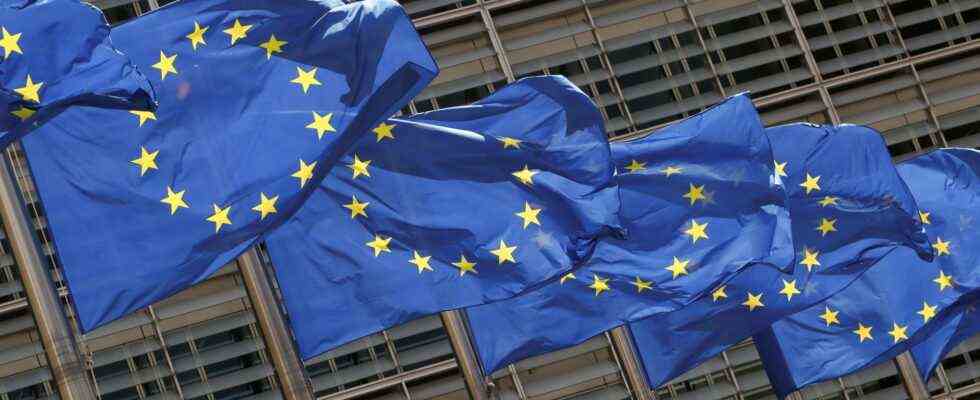Status: 07/13/2021 2:56 p.m.
Germany will soon receive the first money from the EU’s Corona aid fund. The EU finance ministers accepted the multi-billion dollar financial aid for a total of twelve countries. Hungary is not there yet.
The first money from the EU aid fund against the economic consequences of the Corona crisis can now be paid out. In Brussels, the finance ministers of the member states approved the construction plans submitted by twelve countries. The states can now use the funds from the so-called EU Development and Resilience Facility (RFF), announced the EU countries. “Today’s Council decisions are the final step before Member States can sign grant and loan agreements with the Commission and receive the first funding to implement their national plans,” it said.
In addition to Germany, the twelve states also include France, Spain and Italy. These countries will receive a down payment of 13 percent of the sums promised “in the coming weeks”, said EU Economic Commissioner Paolo Gentiloni. A few administrative formalities would have to be completed for this. The approval of the plans will “strengthen confidence in the markets and in the countries” and allow the start of investments and reforms, said the Italian.
A total of 672.5 billion euros are available
The EU heads of state and government launched the unprecedented Corona aid fund with a total volume of 672.5 billion euros last year. Germany is entitled to up to 25.6 billion euros in grants that do not have to be repaid. The federal government wants to use 90 percent of this money for climate protection and digitization.
With around 70 billion euros each until 2026, Spain and Italy are the largest recipients of grants from the EU’s Corona development fund. France will receive around 40 billion euros that it will not have to repay. The other countries whose plans have now also been approved are Austria, Belgium, Denmark, Greece, Latvia, Luxembourg, Poland and Slovakia.
Financial plans from 13 countries are still being examined
Countries had to meet certain criteria in their national spending plans. At least 37 percent of the funds must be invested in climate protection measures and 20 percent in digitization. Of the 27 EU countries, only Bulgaria and the Netherlands have not yet submitted their plans to use the funds in Brussels.
The other 13 spending plans are currently still being examined by the EU Commission. Hungary’s plan in particular is subject to closer scrutiny. The government in Budapest was recently sharply criticized for a controversial law restricting information about homosexuality from Brussels and is also at odds with the EU institutions in many other areas.

